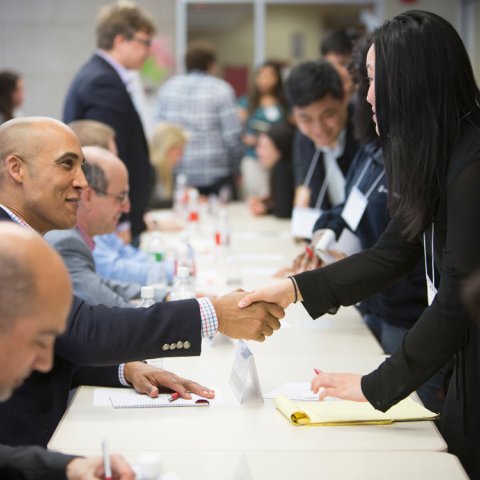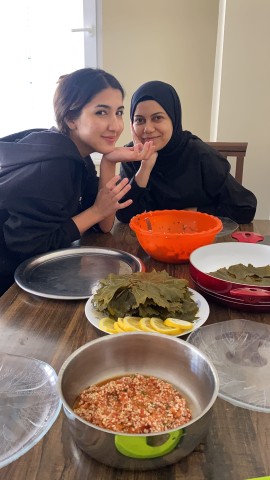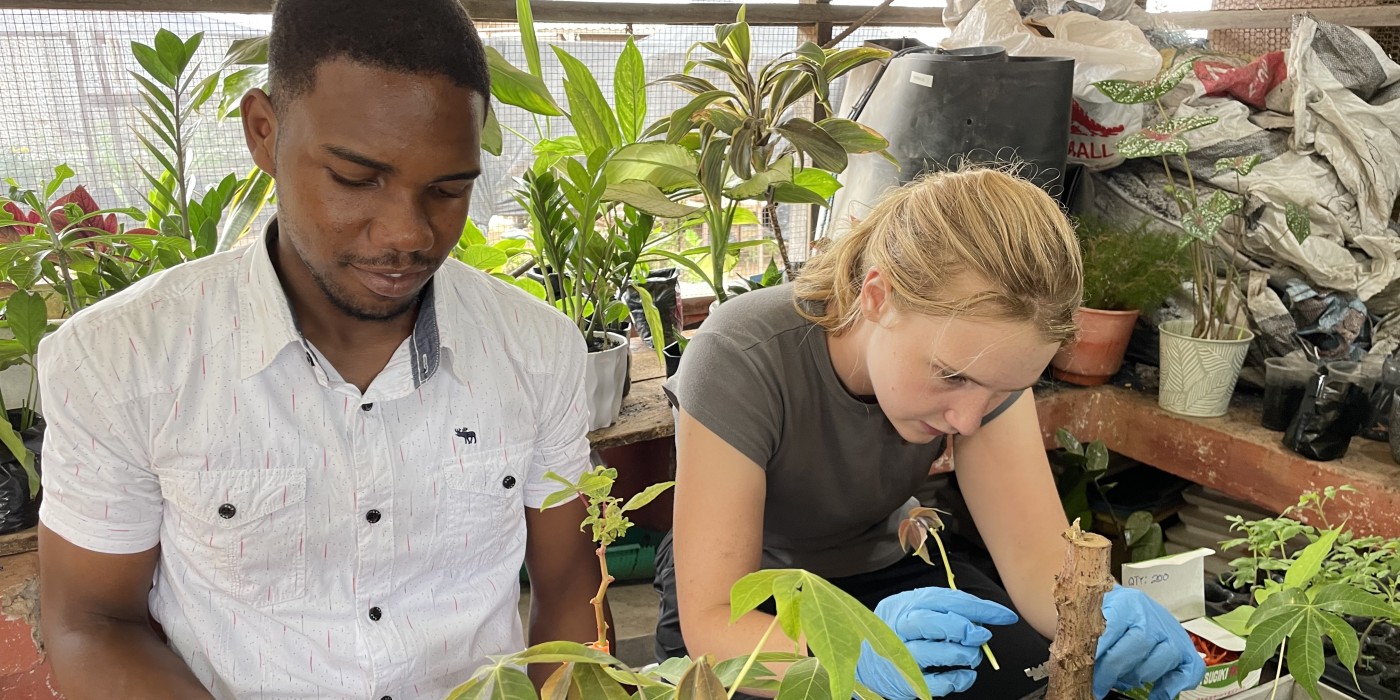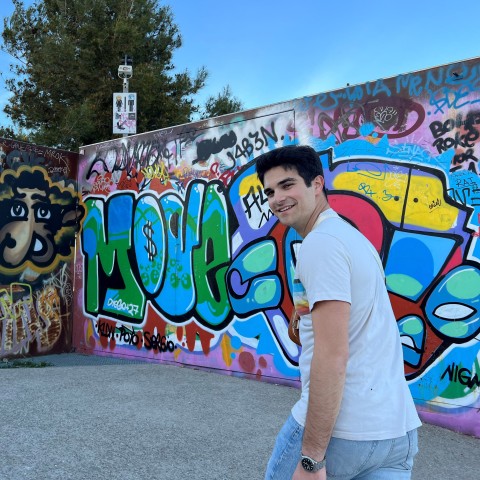Your Path to a Global Future
Your Cornell education gave you the essential tools to make the most of your time abroad.
Now that you're back on campus, your international experience has deepened your academic understanding and helped you polish skills—critical thinking, problem-solving, and flexibility—that will distinguish you long after your time abroad. Nearly every large organization has a global footprint. Your international background sets you apart as a valuable candidate for many positions.
On this page: Explore ways to start on an international career—for a few months, a gap year, or a lifetime. Then polish up your resume using our advice about how to describe your study abroad experience to potential employers.
Thinking about a job abroad?
Make your first stop Cornell Career Services, and be sure to check out the helpful resources on the International Opportunities page. Here are a few types of international opportunities to consider. Schedule an appointment with a Career Services advisor for more advice and support!
Intern Abroad
If you still have a year or more at Cornell, consider applying for an international summer internship. The Mario Einaudi Center for International Studies offers dozens of hands-on global summer internships annually, with applications opening in the fall and closing in January. Use Experience Cornell to explore internships at Global Hubs and opportunities through your college or school.
Volunteer
Many students want to go beyond Europe to learn about cultures around the world. For U.S. citizens, Peace Corps remains a well-respected organization. Peace Corps volunteers are paid, with a service commitment of 27 months (two years, with three months of training). There are also many short-term volunteer opportunities. Idealist.org is a useful resource.
Apply for Fulbright
If you’re a U.S. citizen, consider Fulbright opportunities for undergraduates, graduate students, and alumni from the U.S. Department of State. Fulbrighters from Cornell teach English abroad, conduct international research in wide-ranging fields of study, and attend international graduate programs. To learn more, visit the Einaudi Center's Fulbright at Cornell.
Teach English
Many countries and organizations offer opportunities to teach English abroad. Teaching might include acting as a teaching assistant at a school, teaching English through a center, or giving private lessons. Positions in some locations may require a TOEFL certificate.
Resume 101
Employers planning to hire recent graduates often value "soft skills" in new employees as much as technical skills. Soft skills include effective interpersonal communication, teamwork, and the flexibility to embrace different perspectives and learn new ideas quickly.
You gained marketable job skills during your time abroad.
A study by the Institute of International Education asked over 4,500 study abroad returnees about skills they learned or refined while abroad. Here are some of the top skills:
- Intercultural and people skills
- Adaptability
- Confidence and self-awareness
- Communication
- Curiosity
Study abroad strengthens your personal brand.
Your personal brand is how you present yourself to others. When cultivated intentionally, your personal brand can be a powerful tool to display the value you bring to your peers and colleagues, community, and future workplace.
You have amazing stories to tell about your time abroad. These are stories your interviewers and employers want to hear—but be strategic to make sure you're sharing anecdotes that highlight your strengths and best skills.
Reflect on your time abroad to describe it effectively.
There are productive, memorable ways to talk about your time abroad—and ways that will make less of an impression. Most employers won't care how many countries you visited, for example. They want to know about the skills you cultivated through your international experiences.
Grab your laptop or a pen and paper, and give this reflection activity a try. It will help you develop a compelling resume and smart interview tactics to convince employers you're a candidate with insight and skills they can use.






